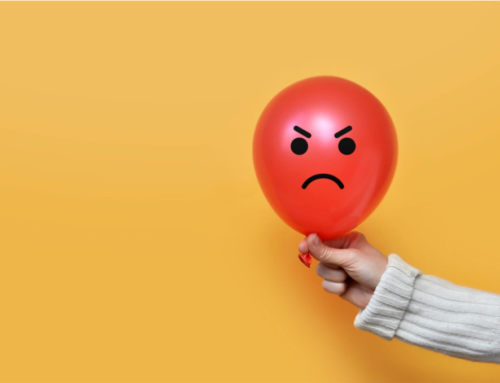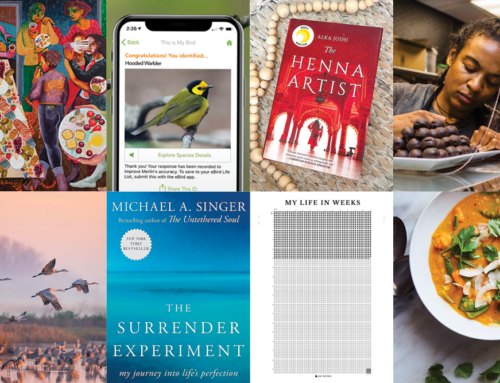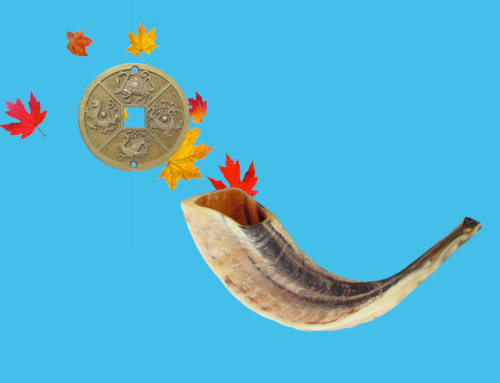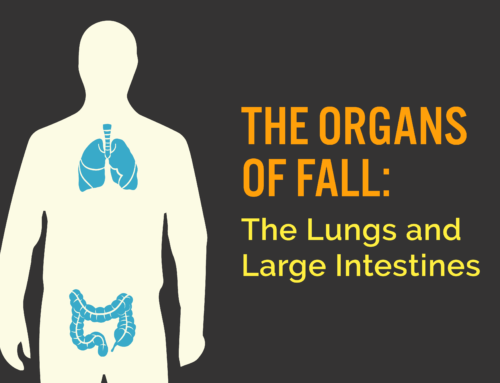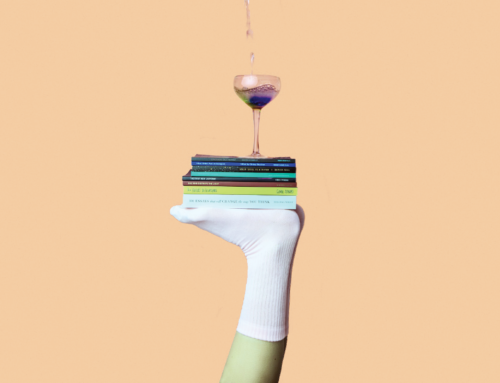Photo by Clark de Hart
The proverb ‘A drop of prevention is worth a bucket load of cure’ illustrates a core tenant of East Asian Medicine – prevention is as important as cure. Foundational to health (and prevention) is living in accord with the cycles of nature. Simply put, how we ‘do life’ in February is not how we ‘do life’ in July.
Below are some of the most common springtime “bloopers” and basics for prevention of dis-ease (which in spring could include propensity to colds, allergy symptoms, irritability and sleep disturbance).
Avoid these Springtime Bloopers
1. Protect Your Neck (and feet).
Wind in Chinese medicine is considered to be one of the “pernicious influences” (an environmental factor that can cause disharmony in the body) and can negatively affect the lungs and the immune system. Wind on our neck and backs is thought to make us more susceptible to falling prey to one of the 200 viral strains out there as we re-emerge. Additionally, windy days are thought to increase internal agitation and irritability.
Avoid the common springtime misstep of shedding layers too soon. Keep your neck, back and abdomen protected with a layer or two and and avoid open shoes/sandals until it’s good and hot.
2. Avoid cold foods.
In Chinese medicine, different foods are thought to have different affects on the body. Some foods are thought of as “cold” or having a chilling effect on the body and its organs and fluids. For example, a melon usually grown at the peak of summer is cooling by nature, making it a perfect choice in July. But in April, cold, raw foods would traditionally not have been available to our ancestors. Eating raw and cold foods can make us cold. What’s wrong with being cold? Overconsumption of cold foods can result in chilliness, excess mucous, congestion, fatigue and digestive issues.
Avoid this common springtime mistake by eating cooked veggies, enjoying fruit in moderation, eating in season, and eating adequate protein. Also, think about asking for room temp water rather than ice water.
3. Avoid toying with your bedtime just yet.
Spring is the season of rebirth. While it may seem counter intuitive, incorporating more restful activities (mediation, restorative yoga, acupuncture, etc.) and protecting your usual bedtime, you ensure that you have stored energy to execute new ideas or work on projects put off in the winter. Spring is creative and powerful, and so are we at this time of year when we’ve had enough rest.
Avoid the common springtime temptation to mess with your routine and sleep/rest hygiene. As we approach the summer solstice in early summer your system will be more adaptable to new sleep routines; until then protect your mood and creative energy by letting your nervous system enjoy a full reset overnight.

